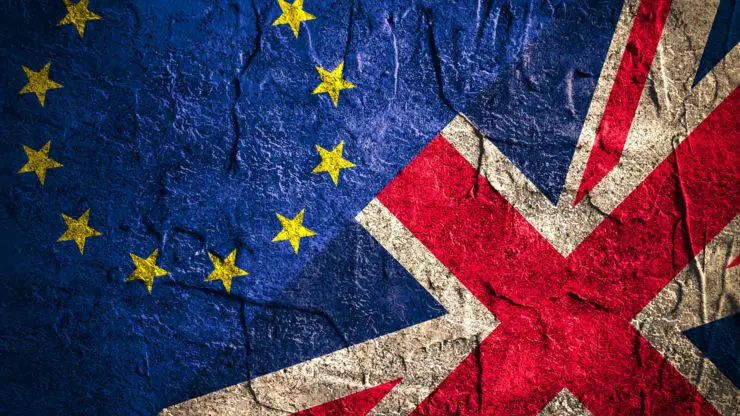With Britain set to leave the EU, its long time trading partner, in 2019, there has been much uncertainty and speculation as to what this might mean for the future of the economy and life in Britain. Here are some of the potential impacts Brexit may have on traveling.
Freedom of Movement
Leaving the EU is likely to mean leaving behind the Freedom of Movement which all EU countries enjoy. This allows EU citizens to travel to any member country with no restrictions and no need for a visa. Should Freedom of Movement be lost, it will be difficult to for executive travel to any EU country, and even more so to stay for any extended period of time.
Those looking to travel for business may be tempted to look elsewhere on the map as European countries become a less viable option. Similarly, those looking to travel to Britain from the EU may also face the same difficulties, making it a less attractive destination.
Currency
Exchanging money will certainly be more difficult in the run up to Brexit. The pound suffered a notable 31 year low when the results of the June 2016 referendum came in, and exchange rates have been fluctuating ever since.
Those trading forex may be able to seize the opportunity to make money off intermittent currency gaps, but those wishing to exchange currency for corporate travel do so at the risk of their money losing value as a result of fluctuations. Therefore, business travelers will be apprehensive of exchanging large amounts of money in case they become poorer as a result.
Flights
It has been noted that many British companies may lose out as a result of leaving the single market. Some companies that might be doubly hit are the major airlines such as easyjet and Ryanair, who may well lose their ‘open skies’ arrangement which allows EU member planes to fly any route in the EU.
If a bilateral deal is not agreed, traveling to Europe from Britain and vice versa will be a difficulty in itself, and corporate business travelers will find it onerous physically moving between countries. Britain’s tourism industry may be the most affected, should borders be heavily restricted.
Traveling Elsewhere
These newfound difficulties may seem like too great an obstacle for traveling to a place which has been so accessible. Many British citizens and companies may decide that greater opportunities for business travel lie further afield, or even within Britain itself. With the likelihood of products and services abroad becoming ever more expensive with the Euro rate, and the economy facing a volatile future, the cheaper British countryside may seem more alluring to British citizens.
It also remains to be seen whether Britain will seek out new business relationships with other countries, potentially trying to secure something similar to freedom of movement with a new trading partner.
Business travelers look set to face a certain level of disappointment as traveling to the EU will become a more difficult task after Brexit. With uncertainty over the future of the British economy and exchange rates, companies may start to consider traveling elsewhere in order to do business.
Image from https://www.travioor.com/articles/what-will-brexit-mean-for-travel
 Business First Family Business, Accounting, Finance, Investing, Marketing And Management
Business First Family Business, Accounting, Finance, Investing, Marketing And Management
